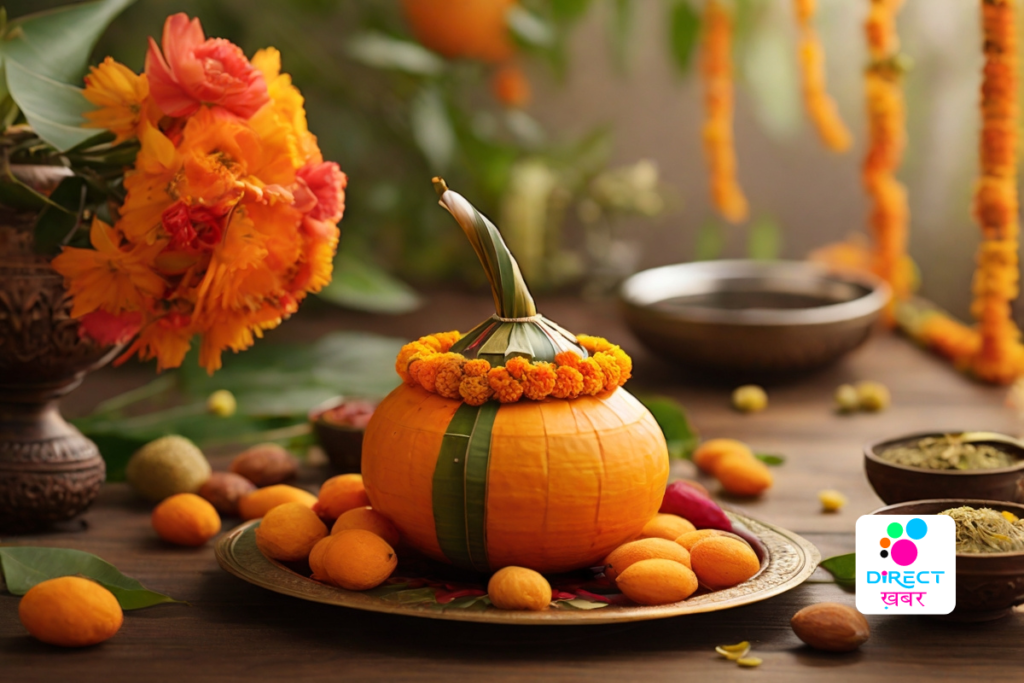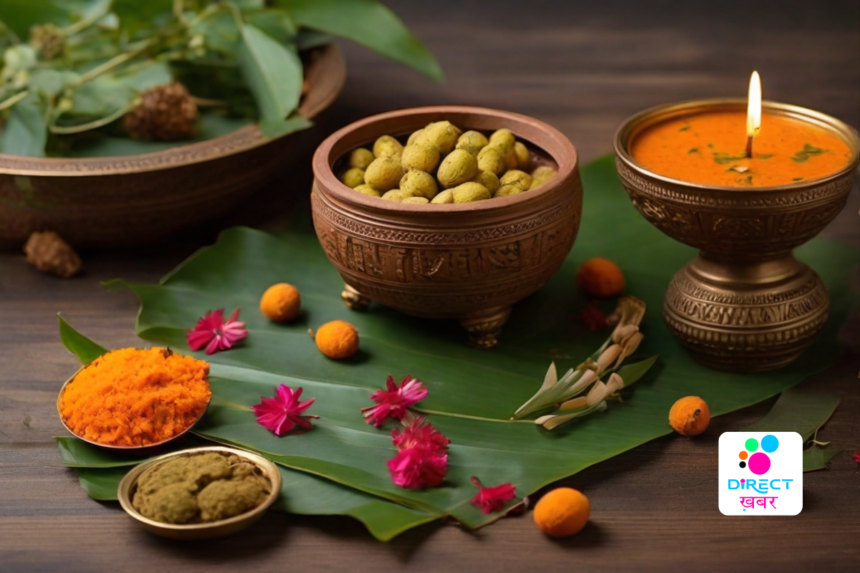Ugadi/Gudi Padwa 2024: Date, History, Significance & Rituals
Ugadi and Gudi Padwa are joyous harvest festivals celebrated across several states in India, including Karnataka, Andhra Pradesh, Telangana, Maharashtra, and Goa. These festivals mark the commencement of the new year in these regions and are observed on the first day of the Hindu calendar month of Chaitra, which typically falls in March or April each year.

This year, Gudi Padwa will be celebrated on Tuesday, April 9, as per the Drik Panchang. The festival begins with the Pratipada Tithi starting at 11:50 pm on April 8 and concluding at 10:30 pm on April 9.
The term “Ugadi” is derived from “Yugadi,” which translates to the beginning of an era. It signifies the start of a new year, akin to the arrival of spring after the cold winter months. The concept of Ugadi as the new year was established by the 12th-century Indian mathematician Bhaskaracharya.
According to Hindu mythology, Ugadi is believed to be the day when Lord Brahma created the universe. Since then, it has been celebrated regionally as the new year. The festival heralds a new era, symbolizing the arrival of spring and new beginnings.

The festivities of Ugadi and Gudi Padwa are not just about rituals; they hold deep cultural and social significance. They bring communities together, fostering a sense of unity and belonging. The exchange of greetings and sweets among friends and relatives strengthens bonds and promotes goodwill.
In addition to Karnataka, Andhra Pradesh, Telangana, Maharashtra, and Goa, other regions also have their unique ways of celebrating the new year around this time. In West Bengal, Poila Boishak is celebrated with much fervor, while in other parts of the country, various other local festivals mark the onset of spring and the new year.

Overall, Ugadi and Gudi Padwa represent the richness of Indian culture, the spirit of renewal, and the joy of coming together with loved ones to celebrate the beginning of a new chapter.






